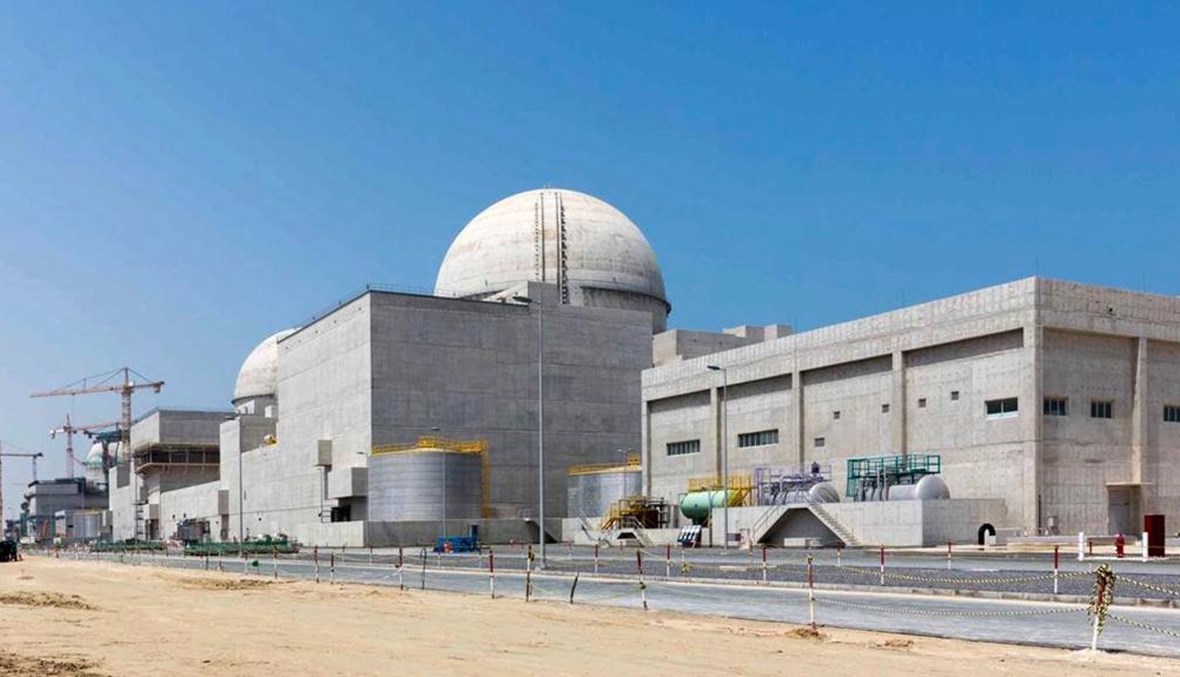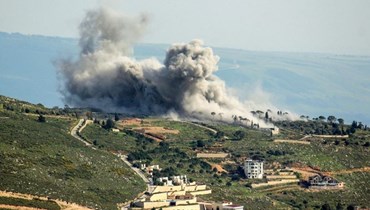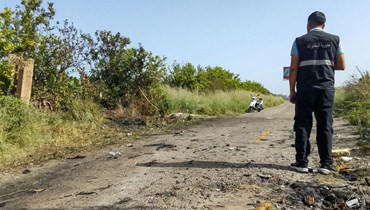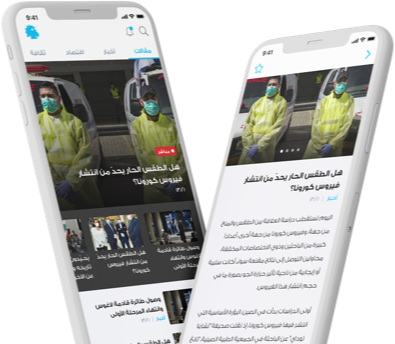Greenpeace MENA condemns opening of UAE nuclear reactor
BEIRUT: In a Monday statement Greenpeace MENA condemned the start-up of unit 1 of the Barakah Nuclear Energy Plant, located in the Al Dhafrah Region of Abu Dhabi, “as a wasteful investment in the wrong technology that will only deplete the scarce water resources of the Emirates."
"Nuclear energy is not the energy of the future, and definitely not the solution. With it we are leaving our future generations with nothing but a toxic legacy of radioactive and dangerous nuclear waste,” Julien Jreissati, program manager at Greenpeace Middle East and North Africa, commented. "The UAE has been a regional leader in developing and investing in cheap, safe and green renewable energy such as solar. This innovative country should keep its focus on capitalizing on its abundant and generous sun instead of ‘betting‘ on the nuclear race.”
“After the legacy of Fukushima and the high price Japan had to pay for relying on nuclear power, countries around the world (like Germany) are opting for phasing-out nuclear energy not the other way around,” Jreissati added.
Building new nuclear plants is more expensive and takes longer than building renewable energy plants. Building a nuclear plant in a water scarce country is just a bad and dangerous investment that will compete with the UAE people on accessing much needed water resources.
In a region that has been prone to conflicts, the reactor also poses considerable safety risk to the people, the statement added.
The United Arab Emirates kicked off operations Saturday of the first unit of the Barakah nuclear power plant.
"Today we announce the UAE's success in operating the first peaceful nuclear energy reactor in the Arab world,” Sheikh Mohammed bin Rashid Al Maktoum said. “The goal is to operate four nuclear power plants that will provide a quarter of the country’s need for electricity in a safe, reliable and emission-free way.”
The plant was built and Is run by a joint venture with Korea Electric Power Corp., with the UAE targeting operation of four civilian reactors by 2023.
The reactors, situated on a sparsely populated strip of desert on the Persian Gulf coast, are estimated to cost a total of $25 billion.
According to UAE officials, these reactors are expected to produce up to 5.6 gigawatts of energy at full operation, which about a fifth of the country’s current installed generating capacity.
Within the MENA region, Saudi Arabia and Egypt are two other Arab states moving towards nuclear power installation amid continuing questions over safety and high cost.
According to a Greenpeace fact sheet: A kilowatt-hour of electricity from a new nuclear power plant costs 14-to-17-cents compared to wind farm electricity at 7-cents.
Nuclear projects routinely exceed budgets due to delays, design flaws, and rising commodity prices.
In the U.S., the average “private” reactor has receives about $1.3 billion in public subsidies.
“If the industry practiced free market capitalism it would collapse” the fact sheet noted. “Historically, the nuclear industry’s economic model privatizes profits, socialize costs and risks, and leaves the garbage for posterity.”


 اشترِك في نشرتنا الإخبارية
اشترِك في نشرتنا الإخبارية











